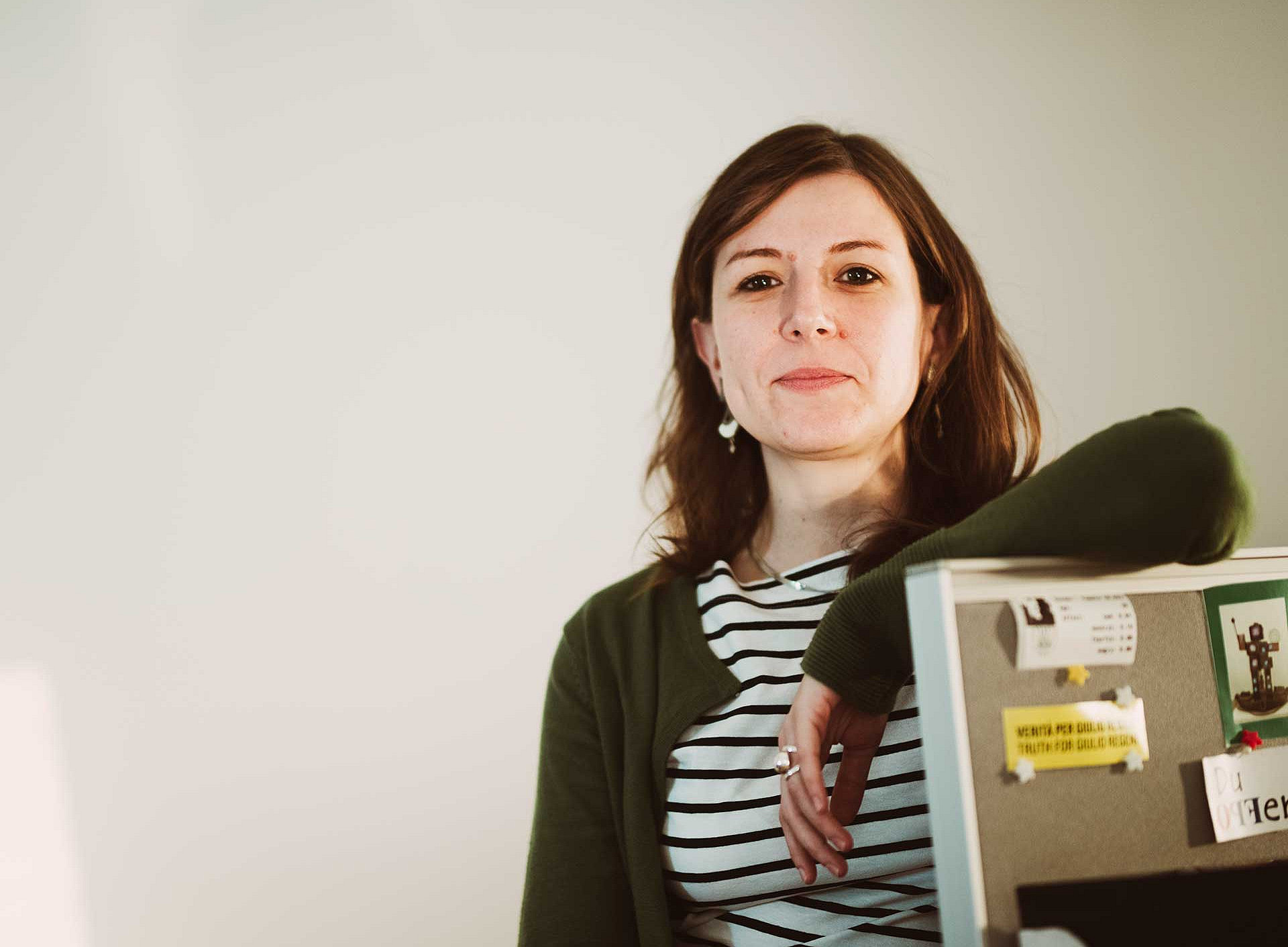Tunisia is supposed to keep African migrants out of Europe. And the EU is willing to spend hundreds of millions of euros to achieve this, having concluded an agreement with the authoritarian President Kais Saied in 2023. Almost any means are justified in order to implement the contract. ‘Criminalisation, expulsion and human rights violations have intensified,’ reports Chiara Pagano. The researcher at the University of Graz is examining how migration policy affects both asylum seekers and local residents. ‘Since 2023, the campaigns against refugees have been relentlessly pursued,’ says the researcher, who completed her PhD in African History, European and International Studies at the University of Roma Tre.
Although critical voices can be heard in the European Parliament, it seems that the EU is fundamentally satisfied with the obstruction of onward travel. ‘In any case, the Commission is not calling on the Tunisian government to stop deportations and the use of force.’ The EU's external border has thus long since extended to North Africa. Pagano's studies are part of the ‘Elastic Borders: Rethinking the Borders of the 21st Century’ project. Political scientist Bilgin Ayata is leading the research into Europe's increasingly flexible borders, funded by the Swiss NOMIS Foundation.
Without papers, ithout protection
The United Nations High Commissioner for Refugees (UNHCR) and the International Organisation for Migration (IOM) currently operate around ten reception centres. In addition, there are camps that migrants manage themselves – often under catastrophic conditions. The situation is dramatic in the region around the port city of Sfax, from where many try to cross to Italy. There, thousands of people live in makeshift shelters among olive trees. Without asylum status. Without papers. Without protection. But with the constant fear of violence from the authorities and the population – and of deportation. ‘They are deported in the border areas with Algeria and Libya and abandoned in the middle of the desert,’ says Pagano. ‘Cases of horrific brutality, rape, and deportations of children and pregnant women have been documented.’
‘Tunisians who offer refugees shelter and work are being prosecuted,’ confirms Chiara Pagano. Not only is the government conducting a hostile rhetoric, it is also spreading rumours that migrants are spreading disease.
It is unclear how many people are currently in the North African country. Pagano explains why: ‘Last year, the UN High Commissioner for Refugees formally registered around 15,000 asylum seekers and refugees. But since June 2024, there have been no official figures, as the UN agency has stopped registering.’ The reason for this is a dispute with the Tunisian government, which claims the right to take over asylum registration procedures, albeit lacking the legal and administrative infrastructure to do so. There are currently no signs of any easing of tensions. Most recently, the president of the Tunisian Refugee Council was also arrested.
Freedom of movement restricted
Pagano is very critical of the idea that the EU itself should manage and control reception centres on the neighbouring continent: ‘The reality in member states such as Greece and Italy shows that this would not change the situation. There, too, people are being detained or have their freedom of movement restricted.’ The question is not who takes care of these camps, but what they are used for. “Because they often deny protection,” criticizes the scientist. “At the moment, the primary purpose is to expel people or prevent them from continuing their journey, whether in Europe or within Africa.”
Witness of violence
In 2023, Chiara Pagano spent several months in Tunisia. How does the researcher deal with what she has experienced? ‘I try to remain objective, but also act as a witness of the extent of the violence.’ Nevertheless, it is not always easy to process the reports that traumatised people entrust to her. In addition to supervision, the distance of the data and discussions with colleagues help. ’But I can help with my research by disseminating information and keeping an eye from afar on what is happening.’
⇒ Find out more about the Elastic Borders sub-project
⇒ Find out more about Chiara Pagano
